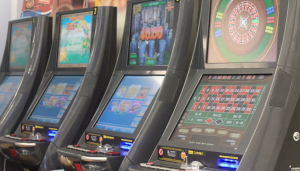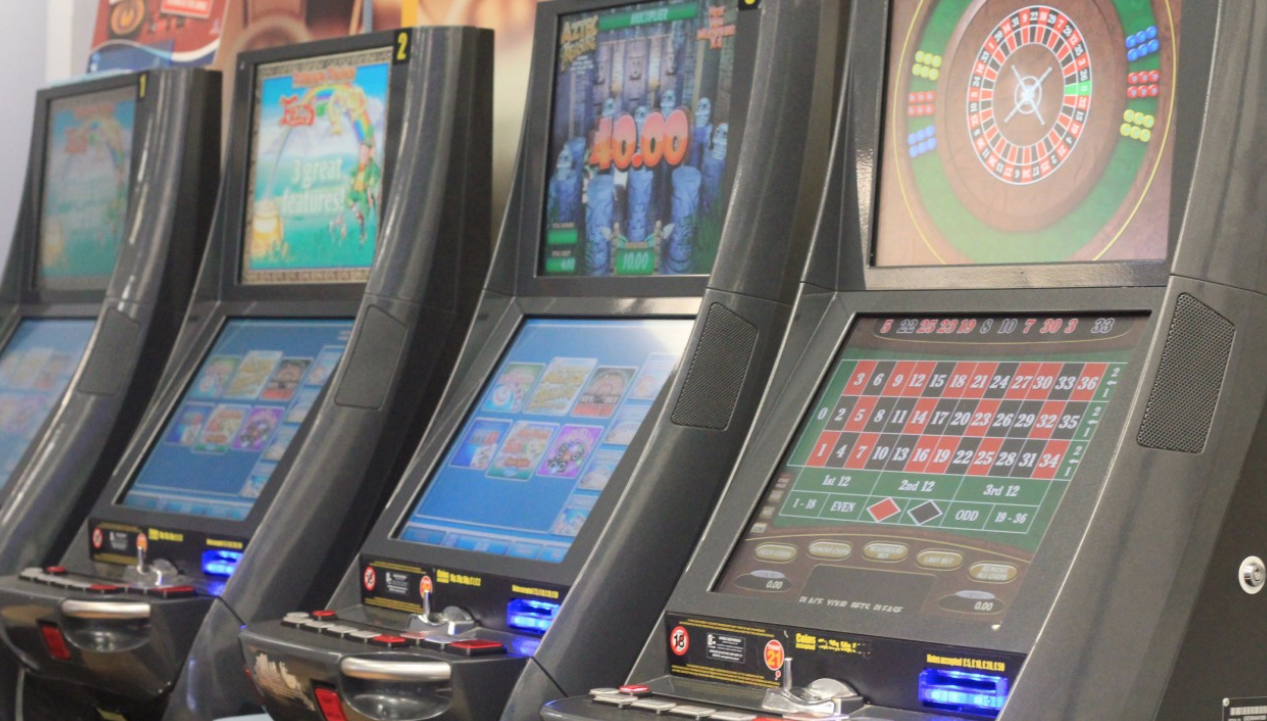The Campaign for Fairer Gambling have recently released statistics that state gamblers who live in the north and north-east of the UK have spent over £114 million on fixed-odds betting terminals (FOBTs) in betting shops during the period between 2008 and 2016.The controversial machines, which have been subject of much debate as of late as the government decides whether to drastically reduce the maximum bet to as little as £2 from the current £100 maximum, were particularly lucrative for sports betting companies with shops in Aberdeen.Aberdeen players spent almost £64 million alone on the machines during the eight-year period, with £9 million being lost on FOBTs in the city during 2016 alone.It is also claimed that £25 million of the money spent on FOBTs in Aberdeen was done so by people suffering from problem gambling.
Calls for Maximum Bet Reduction in Scotland
These statistics show a clear problem in Scotland related to FOBTs, and the SNP has been very vocal in their opinion of it.The UK Gambling Commission (UKGC) recently gave the UK government advice stating that the maximum bet should be no higher than £30, but Kevin Stewart of the Aberdeen Central SNP, has asked for much more.Calling the amount of money spent on FOBTs in the eight-year period “appalling”, Stewart has stated that he believes the machines should be banned all together in Scotland, but if they are not, then he claims that the maximum bet should be no higher than £2.The Association of British Bookmakers (ABB) disagrees with the stance of Stewart (a stance that is held by several politicians) saying that betting shops make a significant contribution to the economy, saying local bookmakers are paying over £8 million in taxes.









